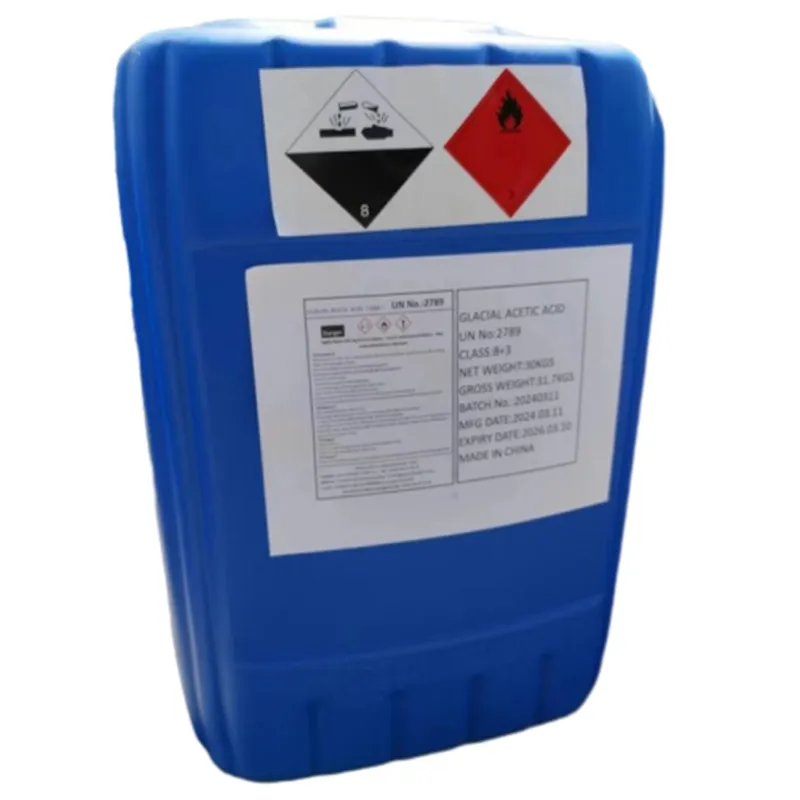
pgms emulsifier
The Role of PGMS Emulsifier in Food and Industrial Applications
Emulsifiers are vital ingredients in various food and industrial formulations, serving as key agents that help stabilize emulsions by reducing the surface tension between immiscible liquids, such as oil and water. One of the notable emulsifiers in the market today is PGMS (Propylene Glycol Mono Stearate), a versatile compound recognized for its effectiveness in a wide range of applications.
Understanding PGMS Emulsifier
PGMS is derived from propylene glycol and stearic acid, making it a non-toxic, food-grade emulsifier. Its chemical composition allows it to function efficiently at various temperatures and pH levels, which is beneficial for both food production and industrial processes. PGMS is particularly valued for its ability to create stable emulsions in products that require a smooth, creamy texture, such as dressings, sauces, and margarine.
Applications in the Food Industry
In the food industry, the importance of emulsifiers cannot be overstated. They play an essential role in improving the consistency and quality of food products. PGMS, in particular, is widely used in baked goods, dairy products, and confectionery items. It helps prevent the separation of ingredients and enhances the mouthfeel of products. For instance, in ice cream, PGMS contributes to a creamier texture and prevents ice crystal formation, thereby improving the overall eating experience.
pgms emulsifier

Another significant application of PGMS is in the formulation of salad dressings and mayonnaise. These products often consist of oil and water phases, which naturally tend to separate. The addition of PGMS allows for the stabilization of these emulsions, ensuring that the products remain homogenous and visually appealing. Additionally, its use in low-fat and reduced-calorie products has risen, as it can enhance texture without significantly increasing calorie content.
Industrial Applications
Beyond the food sector, PGMS is increasingly utilized in various industrial applications. Its emulsifying properties are valuable in the production of cosmetics and personal care products. In creams and lotions, PGMS helps to blend oil and water components seamlessly, resulting in a stable product that feels pleasant on the skin.
The pharmaceutical industry also employs PGMS as an emulsifier in drug formulations. It aids in the creation of stable emulsions for topical ointments and oral solutions, ensuring consistent dosages and improved bioavailability of active ingredients. Furthermore, PGMS finds applications in the manufacturing of paints and coatings, where it helps to stabilize pigment dispersions and improve the overall texture of the final product.
Conclusion
As consumers continue to seek high-quality, stable, and visually appealing products, the demand for effective emulsifiers like PGMS is likely to grow. Its multifunctional properties make it a valuable ingredient in both the food and industrial sectors. The continued research and development in emulsifier technology may lead to even more innovative applications for PGMS, promoting its use in creating safe, effective, and high-quality products. In a world where texture and stability matter, PGMS stands out as a reliable choice for manufacturers looking to meet consumer expectations while adhering to safety and quality standards.
-
The Safety Challenges of Ammonium Nitrate FertilizerNewsJun.26,2025
-
The Critical Role of Mining ChemicalsNewsJun.26,2025
-
Shelf Life of Glacial Acetic Acid Food GradeNewsJun.26,2025
-
Enhancing PVC Longevity with 1,2,3-Benzotriazole InnovationsNewsJun.26,2025
-
China’s Dominance in Food Additive ProductionNewsJun.26,2025
-
Can Aluminum Hydroxide Replace More Toxic Alternatives?NewsJun.26,2025
-
PE and PP Plastics with Benzotriazole AdditivesNewsJun.12,2025
Hebei Tenger Chemical Technology Co., Ltd. focuses on the chemical industry and is committed to the export service of chemical raw materials.
-

view more DiethanolisopropanolamineIn the ever-growing field of chemical solutions, diethanolisopropanolamine (DEIPA) stands out as a versatile and important compound. Due to its unique chemical structure and properties, DEIPA is of interest to various industries including construction, personal care, and agriculture. -

view more TriisopropanolamineTriisopropanolamine (TIPA) alkanol amine substance, is a kind of alcohol amine compound with amino and alcohol hydroxyl, and because of its molecules contains both amino and hydroxyl. -

view more Tetramethyl Thiuram DisulfideTetramethyl thiuram disulfide, also known as TMTD, is a white to light-yellow powder with a distinct sulfur-like odor. It is soluble in organic solvents such as benzene, acetone, and ethyl acetate, making it highly versatile for use in different formulations. TMTD is known for its excellent vulcanization acceleration properties, which makes it a key ingredient in the production of rubber products. Additionally, it acts as an effective fungicide and bactericide, making it valuable in agricultural applications. Its high purity and stability ensure consistent performance, making it a preferred choice for manufacturers across various industries.











